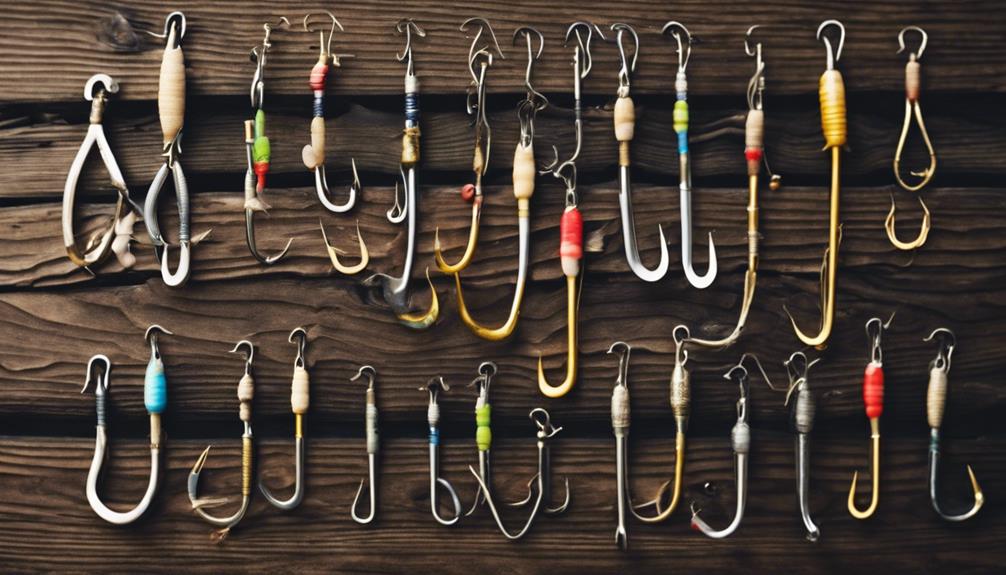Fishing is not just a pastime; for many, it’s a way of life. Whether you’re a seasoned angler or a beginner eager to cast your first line, understanding the regulations surrounding fishing licenses is crucial. In this detailed guide, we will tackle the question, “Which fishing license do I need?” and provide you with all the necessary information to ensure your fishing adventure goes smoothly.
Understanding Fishing Licenses: What You Need to Know
Before you can answer the question, “Which fishing license do I need?” it’s important to understand what fishing licenses are and why they are necessary. A fishing license is a government-issued permit that allows individuals to fish in specific bodies of water. These licenses help manage fish populations and ensure sustainable fishing practices. Different states and regions have varying regulations regarding fishing licenses, including age restrictions, types of fish you can catch, and fishing methods allowed.
Types of Fishing Licenses You Might Need
When considering which fishing license you need, it’s essential to know that there are various types of licenses available. The most common include:
1. Resident Fishing License: For individuals who live in the state where they wish to fish.
2. Non-Resident Fishing License: For individuals who travel to another state to fish.
3. One-Day License: Ideal for tourists or occasional anglers who do not fish often.
4. Specialty Licenses: Some states offer licenses for specific types of fishing, such as saltwater fishing, freshwater fishing, or even for certain species like trout or salmon.
Be sure to check your state’s wildlife agency website for specific details about these licenses and their associated costs.
Age Requirements for Fishing Licenses
Another important aspect to consider when determining which fishing license you need is the age requirement. In many states, children under a certain age can fish without a license, but this varies widely. Generally, children under the age of 16 may fish for free or at a reduced rate. However, some states may require a license for anyone aged 12 and older. Always check your local regulations to ensure compliance and avoid fines.
Where to Buy Your Fishing License
Once you’ve determined which fishing license you need, the next step is to purchase it. Fishing licenses can typically be obtained from several sources, including:
– State Wildlife Agency Websites: Most states have online portals where you can purchase licenses directly.
– Local Sporting Goods Stores: Many retailers offer fishing licenses along with fishing gear and supplies.
– Government Offices: Visit your local fish and wildlife office to buy a license in person.
Purchasing your license online is often the easiest option, as you can complete the transaction from the comfort of your home.
Duration and Renewal of Fishing Licenses
Fishing licenses are not permanent; they usually come with an expiration date. It’s crucial to know the duration of your license, which can range from a single day to a full year, depending on the type you purchase. If you plan on fishing regularly, consider opting for an annual license to save money in the long run. Additionally, keep track of when your license expires to ensure you renew it on time, as fishing without a valid license can result in hefty fines.
Special Regulations and Restrictions
In addition to understanding which fishing license you need, being aware of special regulations and restrictions is vital for any angler. Some areas may have specific rules about fishing seasons, size limits for certain species, and even catch limits. These regulations are in place to protect fish populations and ensure a sustainable fishing environment. Always check your local regulations before heading out, and remember that you may need additional permits for specific types of fishing, such as fly fishing or ice fishing.
Consequences of Fishing Without a License
Fishing without a valid license can have serious consequences. Fines for fishing without a license can vary greatly depending on the state and the severity of the infraction. In some cases, anglers may even face criminal charges, especially if they violate multiple regulations. To avoid these issues, it’s essential to ensure you have the correct fishing license before casting your line. Always carry your fishing license with you while fishing, as wildlife officers may ask to see it.
Conclusion: Enjoying Your Fishing Experience Responsibly
In conclusion, answering the question, “Which fishing license do I need?” comes down to understanding your local regulations, the type of fishing you plan to do, and your residency status. By following the guidelines laid out in this article, you can ensure that you are fishing legally and responsibly. Remember that obtaining a fishing license not only keeps you compliant with the law but also supports the conservation of our fish populations and aquatic ecosystems. So gear up, get your license, and enjoy the great outdoors with peace of mind!
By adhering to these guidelines and being informed about which fishing license you need, you can make the most of your fishing adventures while ensuring compliance with local regulations. Happy fishing!
